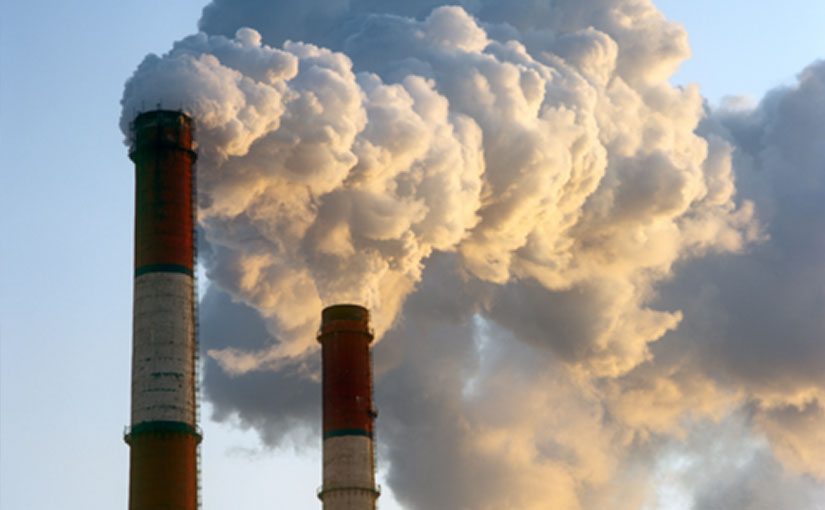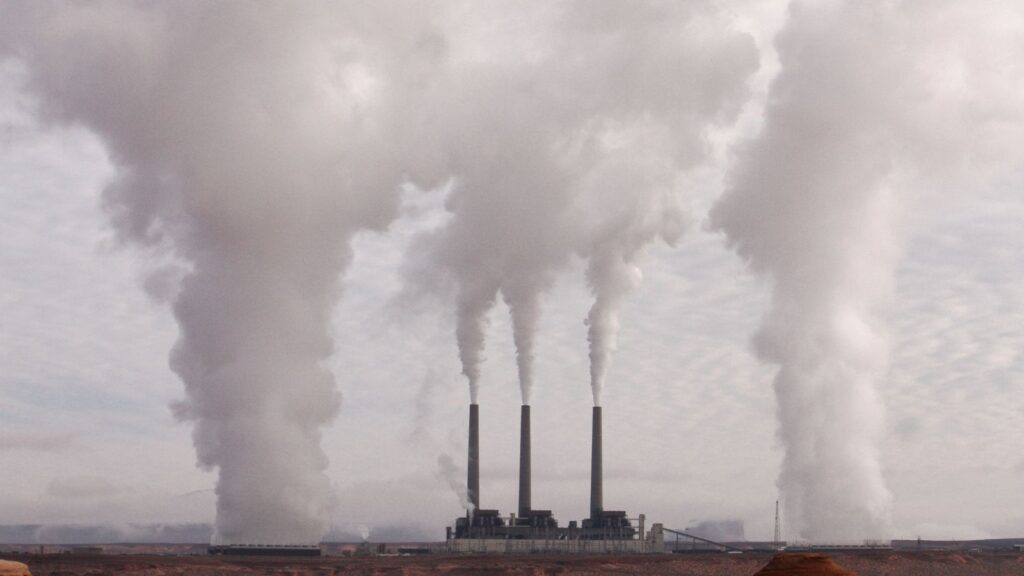Ottawa | Traditional, unceded territory of the Algonquin Anishinaabeg People – Various experts at Environmental Defence offer their reactions to today’s Federal Fall Economic Statement and its impact on Canada’s climate change commitments, federal climate finance policy and federal government actions on just transition, along with other environmental impacts.
Julia Levin, National Climate Program Manager:
Just months ago, the United States passed the Inflation Reduction Act (IRA) — the largest investment in emissions reduction in US history. The Government of Canada should have used this moment to announce similarly ambitious new measures. Instead, the new clean technologies tax credit – capped at a rate of 30% and expected to generate $6.7 billion over five years – is a fraction of what is on offer in the United States. It’s lower than the previously announced 50% CCUS tax credit – and a fraction of the financial support given to the fossil fuel sector each year. The Government of Canada resisted fossil fuel lobbyists’ demands for huge new carbon capture subsidies. However, there is still the risk of new money for carbon capture and fossil hydrogen, if strong rules are not placed on the Canada Growth Fund and new hydrogen tax credit. Carbon capture and fossil hydrogen are not climate solutions – they’re greenwashing schemes used to justify more fossil fuel production, and they funnel public money to shareholders and executives.
Aliénor Rougeot, Climate and Energy Program Manager:
This is a welcome and encouraging change of tone, with a long overdue acknowledgment that Canada needs real green industrial policies in which workers play a central role. As often with this government, a good promise now needs to be backed up by better plans. The proposed support to workers falls short of what is needed for the government to meet its promise of just transition, from too little money to too narrow of a scope. Moreover, government must commit to funding mechanisms in which workers, Indigenous Nations, and communities are actually at the negotiating table. The government will need to follow up with robust just transition legislation that ensures it has an actual plan for workers and communities who will be affected by the transition to a zero-carbon economy.
ABOUT ENVIRONMENTAL DEFENCE (environmentaldefence.ca): Environmental Defence is a leading Canadian environmental advocacy organization that works with government, industry and individuals to defend clean water, a safe climate and healthy communities.
– 30 –
For more information or to request an interview, please contact:
Paula Gray, Environmental Defence, pgray@environmentaldefence.ca






